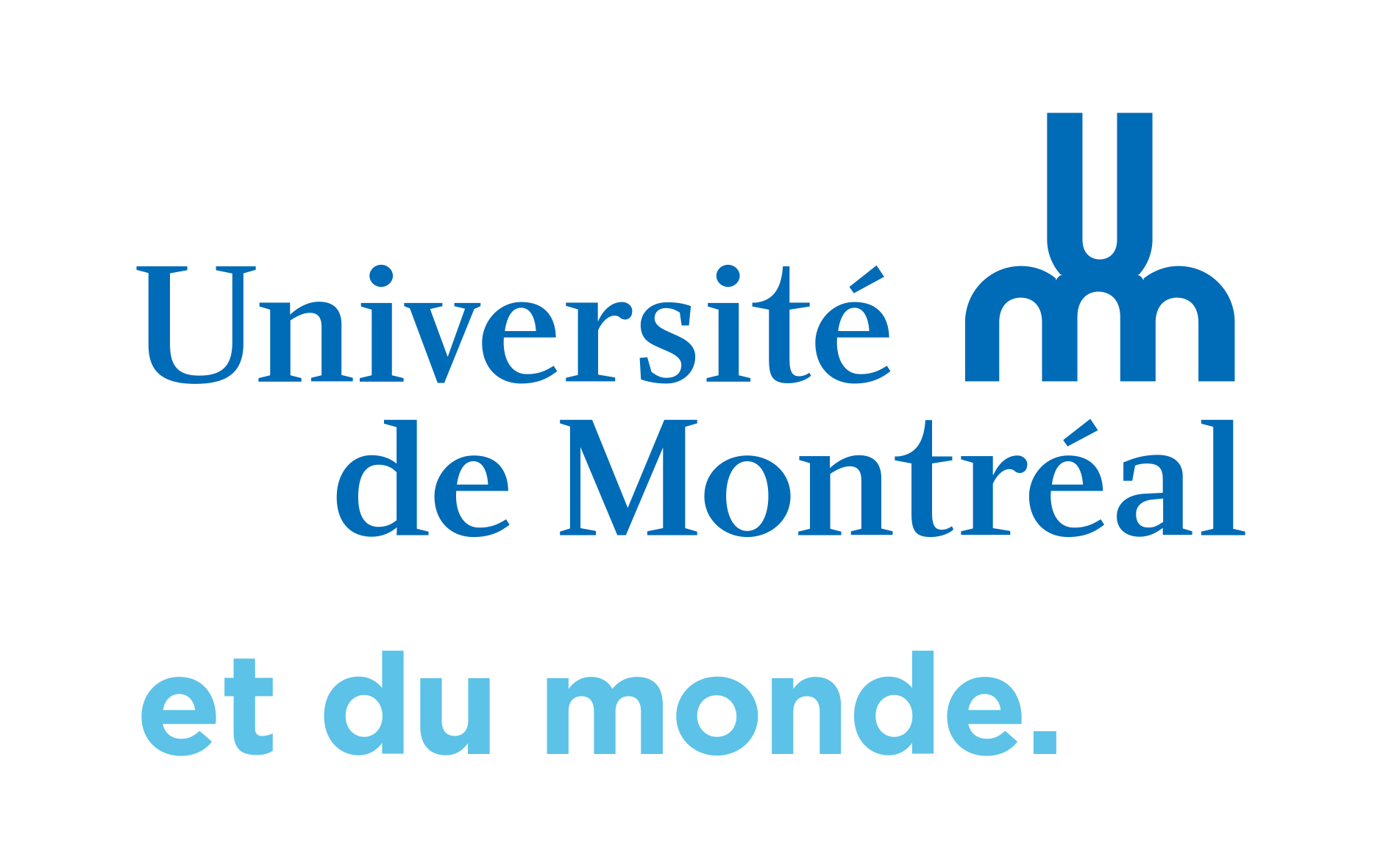
International and multidisciplinary colloquium
Enaction in perspective and in foresight
From August 23rd to 27th 2021
Context and scientific issues
The colloquium's ambitions are to promote knowledge and understanding of the enactive hypothesis and to extend its visibility within cognitive sciences, to promote internal theoretical debates to the perspectives held by this hypothesis, to fuel controversies between the programs, research, and discuss the various possible and desirable futures for the work held by this hypothesis.
Enaction in perspective
The colloquium will focus on scientific or social intervention practices inspired by the enaction hypothesis, from different perspectives. It will take this diversity into account in order to create a space where they will be explained, put into dialogue or even in contradiction. The ambition is to appreciate the contributions and advances of the concept of enaction in terms of knowledge and action over the past thirty years.
Enaction in foresight
At a time when many elements celebrate or return to the legacy of Francisco Varela, the colloquium simultaneously responds to the intention of opening a space for forward-looking reflection on the practices / concepts / perspectives inspired by the hypothesis of enaction. It will consider the conceptual and empirical avenues considered fruitful and likely to open up over the next thirty years. This forward-looking reflection will also make it possible to pose the question of the vitality of enactive perspectives, as well as the imperatives for maintaining their heuristic power and their capacity for growth.
The conference will be organized according to four poles, which are not exclusive and predefined themes, but preferential orientations:
a) Consciousness, mind, cognition
b) Enaction and experience
c) Enactive interventions
d) Research methodologies
The lecturers will be invited to situate their remarks in time – without necessarily adopting the classic “assessment and perspective” diagram - and to position them explicitly in the field of cognitive science. It is hoped that issues are addressed rather than themes and that their treatment sheds light, if possible, on both their genesis and their development.
The conference is aimed at researchers, but it also meets the objective of interesting students and practitioners. To this end, preparatory workshops will be organized, which will offer introductions to enactive perspectives, still often positioned outside the scientific and practical mainstream. The conference is also intended to be a vehicle for the horizontal dissemination of knowledge internationally through interpretation services (Spanish; English; French; Portuguese). These services will be free.







